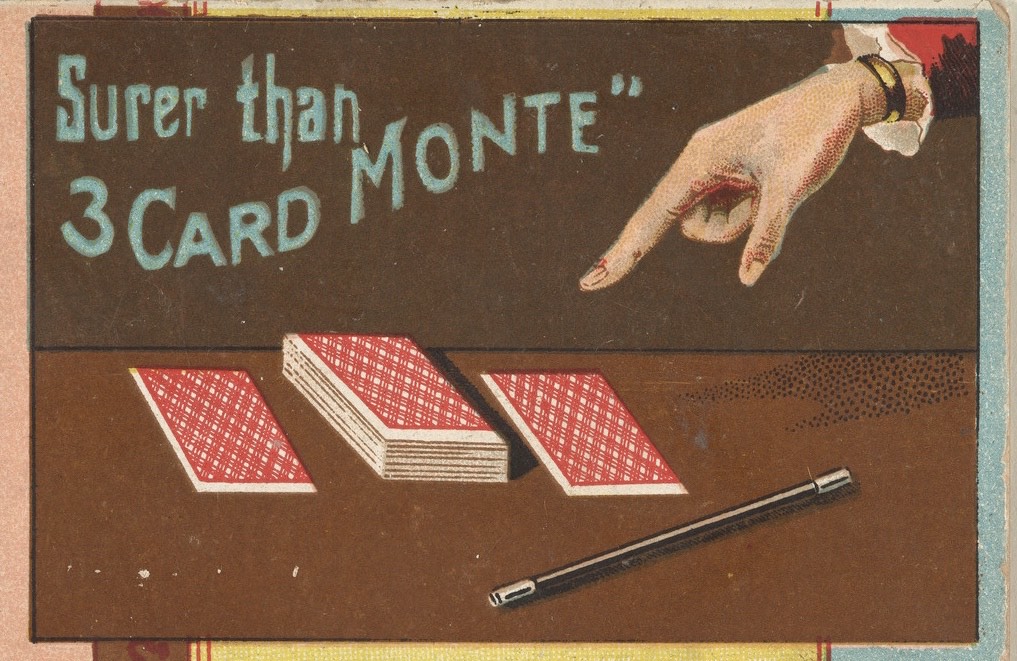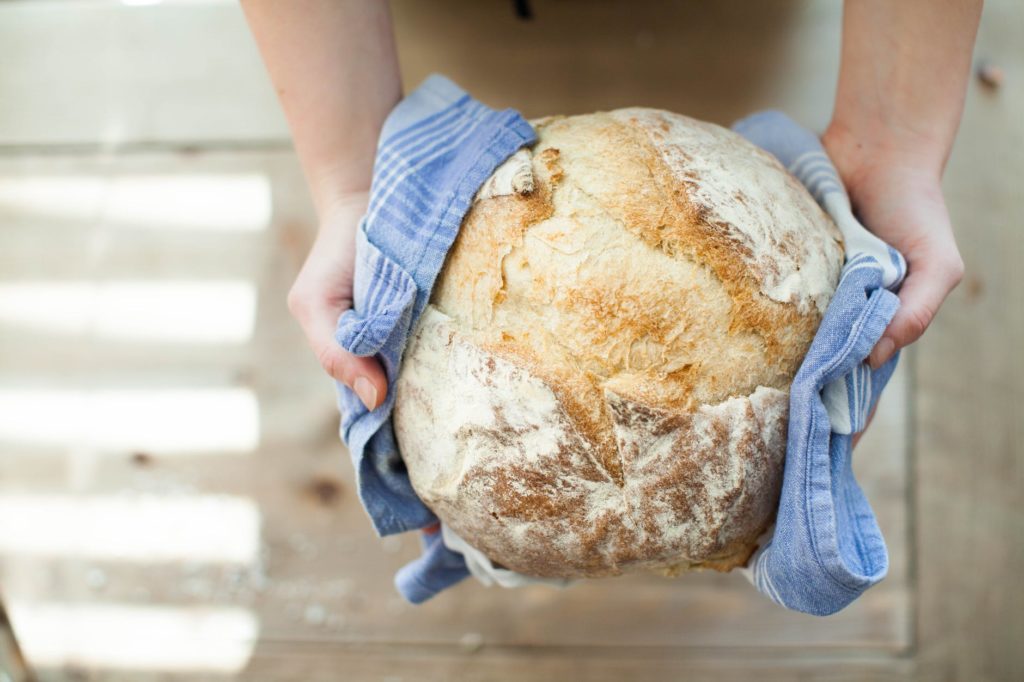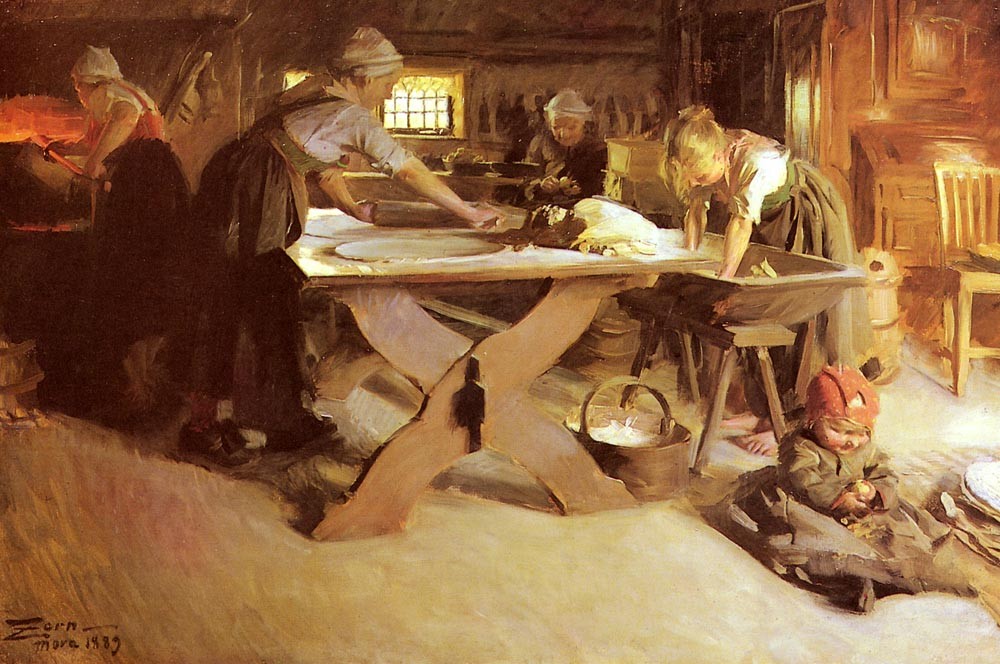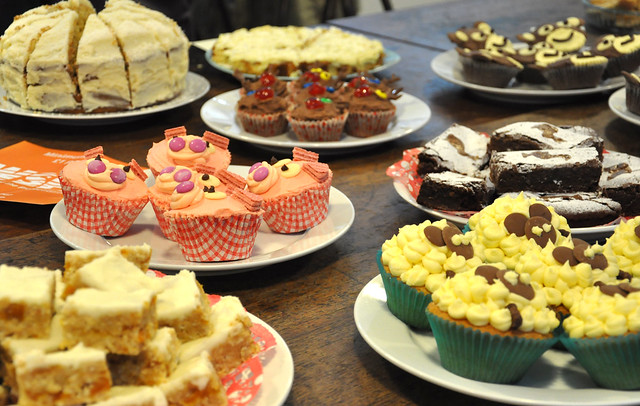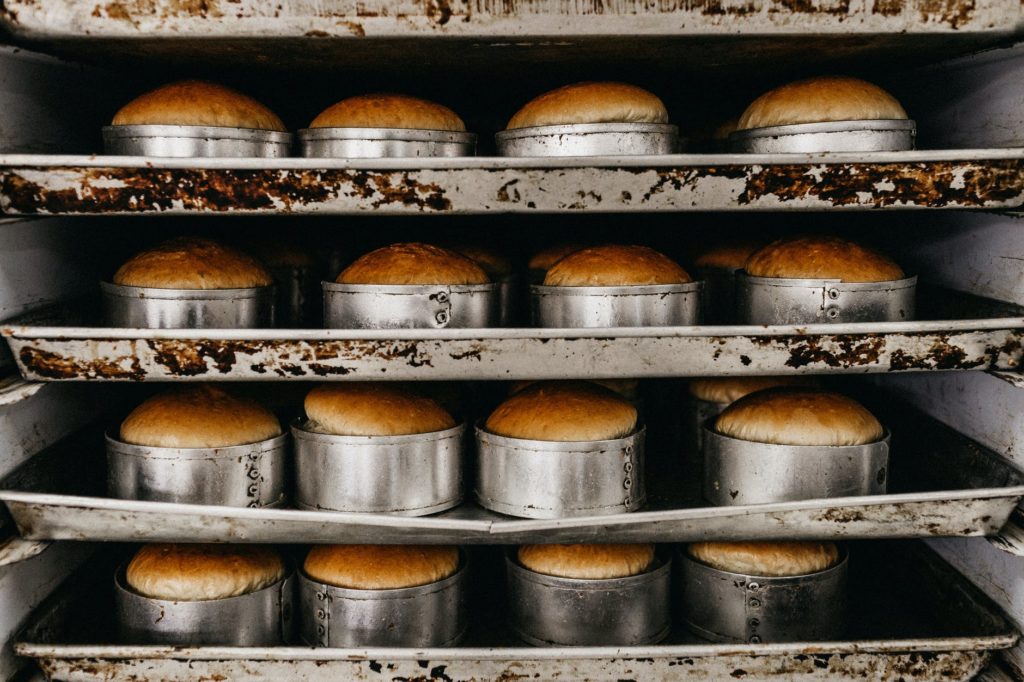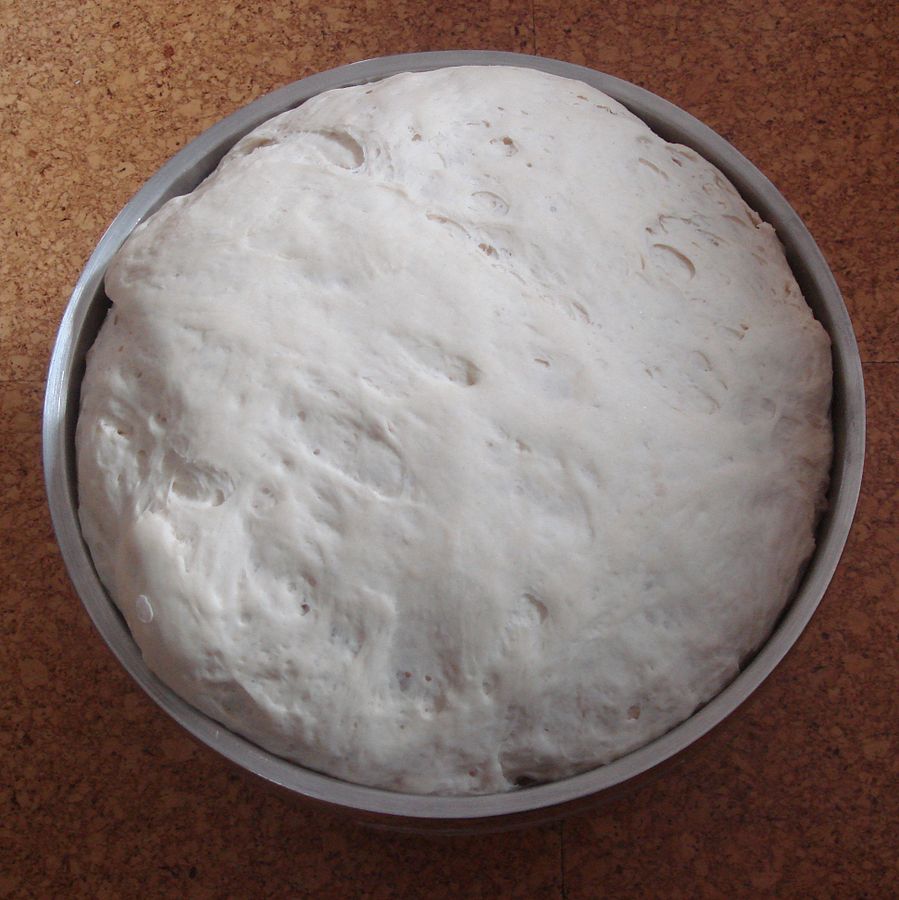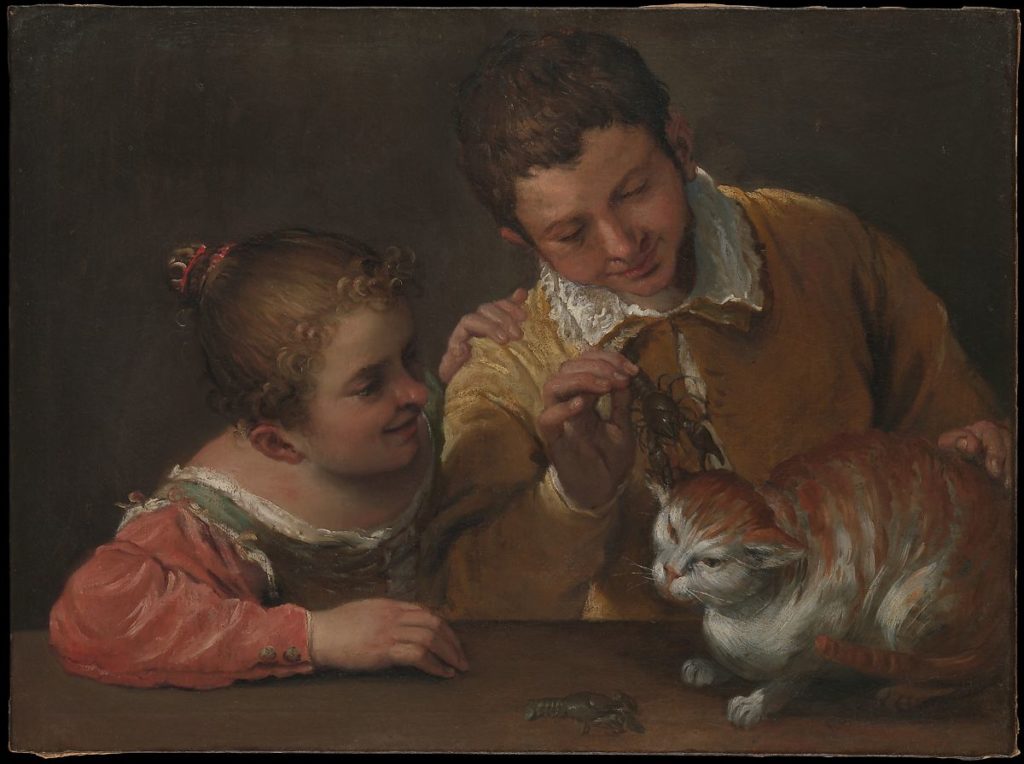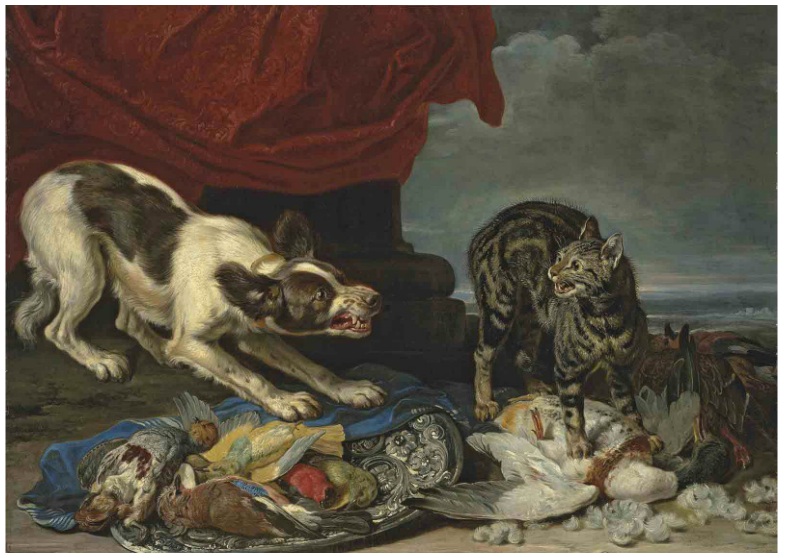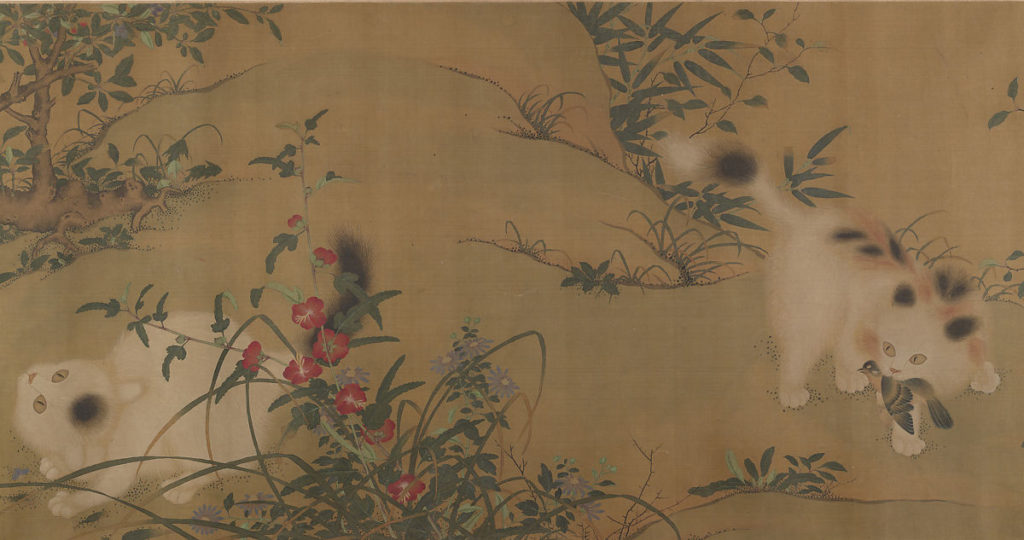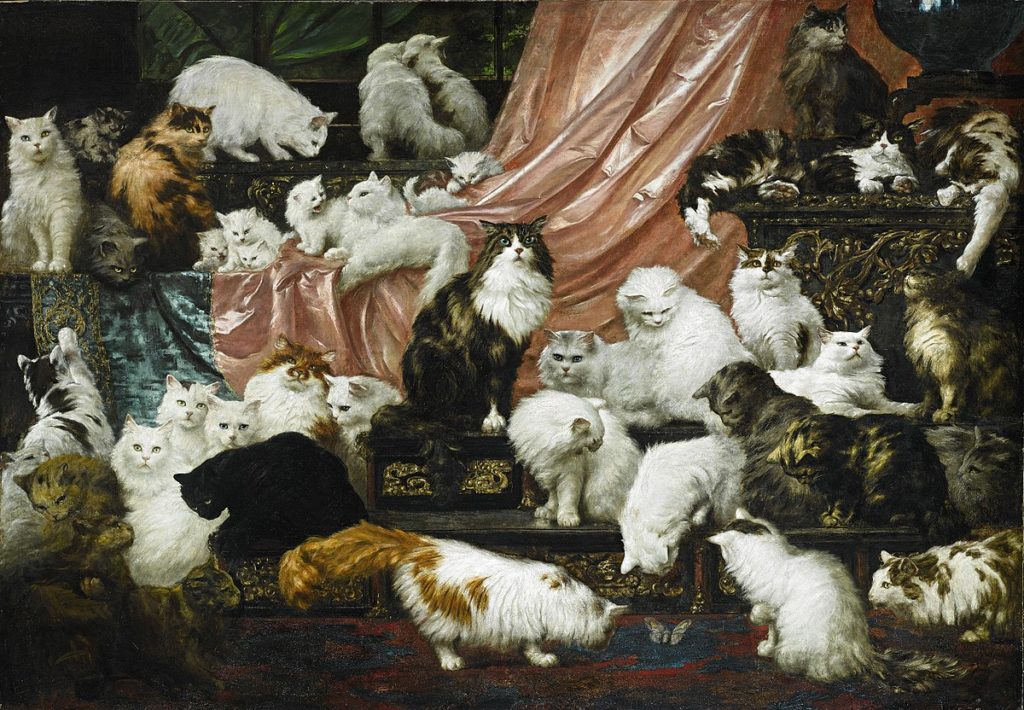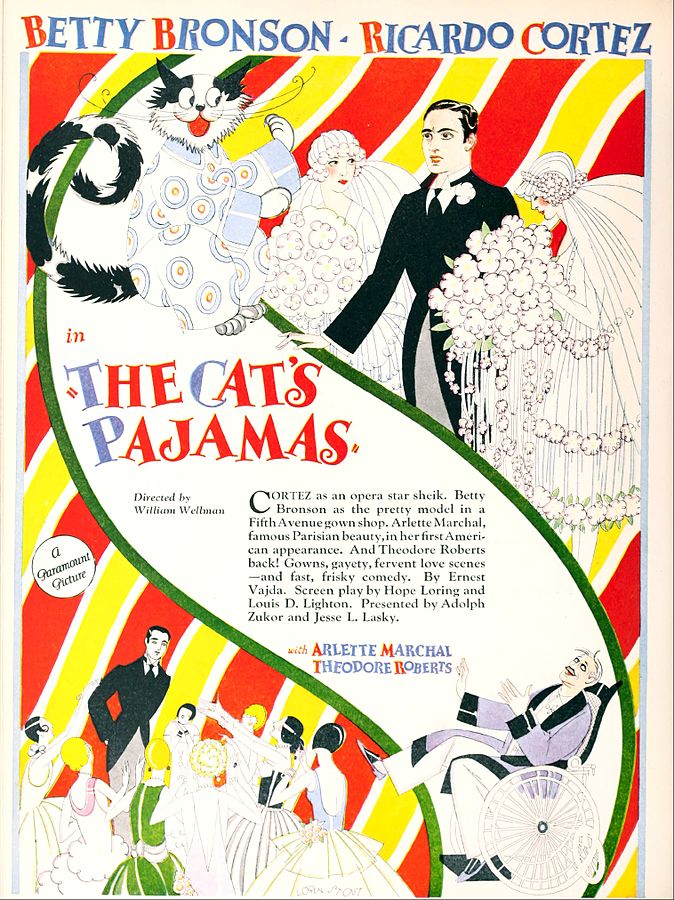
Do you enjoy your stories? Today’s the perfect day to celebrate them.
On this day in 1949 premiered what’s considered the first daytime soap opera on television. These Are My Children (no relation to All My Children, which debuted 21 years later) centered on the struggles of an Irish widow raising her three children in a Chicago boarding house. While the series was short-lived, ending a scant three months later, it kicked off a long tradition of melodramatic pauses, supercouples, and soap opera diseases. It also gave us some soapy slang. Here’s a brief look.
From horses to suds
Before there was soap opera, there was horse opera. Horse operas are Western films, TV shows, or radio programs. The term originated around 1927, says the Oxford English Dictionary (OED), first appearing in a magazine called Motion Picture Classic: “Horse Opera … is an opus of the West where men are cowboys.”
The phrase soap opera is from 1939, also according to the OED. The name come about because early sponsors of the shows included soap and detergent manufacturers, which were aimed at the target audience of stay-at-home wives.
Soap opera got shortened to soap in 1943, says the Online Etymology Dictionary. Meanwhile, the OED attests North American soaper to 1946; Australia, New Zealand, and South African slang soapie to 1964; and U.S. lingo sudser to 1968.
Plot twist!
Sometimes devices are used to help along a soap opera storyline. One is known as SORAS, “soap opera rapid aging syndrome,” in which a baby or small child grows offscreen at the speed of light, returning just in time to better remember their lines or spark a teenage romance.
Another plot device, not necessarily particular to soap operas, is the retcon, or retroactive continuity, “in which a new storyline explains or changes a previous event or attaches a new significance to it.” The OED’s earliest citation is from a 1989 posting in a Usenet newsgroup: “Wow! Talk about a retcon by another name! … Okay, so Superboy never existed; we’d already figured that.” The dictionary’s earliest one regarding a soap opera is from the New Hacker’s Dictionary published in 1993: “Revealing that a whole season of ‘Dallas’ was a dream was a retcon.”
Soaps around the world
Of course drama happens in every language. A Spanish- or Portuguese-language soap opera is known as a telenovela, which first appeared in English in 1961, says the OED. A teleroman is the equivalent in French Canadian (first attested in English in 1964) while teleserye is a soap opera in Philippine English. The earliest appearance is from a November 2000 issue of the Philippine Daily Inquirer:
ABS-CBN has coined a new term, ‘teleserye’, to hype up its latest project, ‘Pangako Sa ‘Yo’… The teleserye combines ‘the magnitude of a continuing series and the sophisticated artistry of filmmaking’.
A soap opera blog post wouldn’t be complete without mentioning K-dramas or Korean dramas. The earliest citation we could find was from 2006: “The series is a lively drama with fun and silly characters and content that is not nearly as soapy or melodramatic as most other K-dramas.”
Feel like binge-watching? Check out our other posts on television words.
